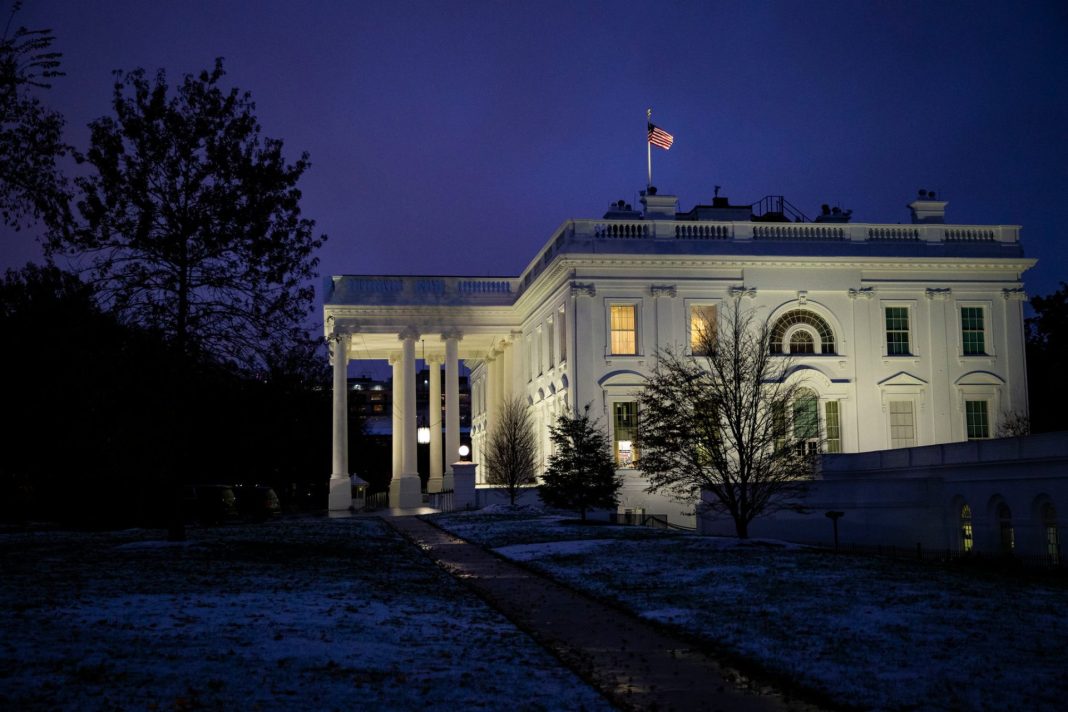The sanctioned entities include the operator of Russia’s Mir payment card system, which soared in popularity after Russia was cut off from SWIFT and Visa/MasterCard in 2022. Russian energy firms and companies linked with the military-industrial sector made up the bulk of the 100 targeted entities, which were published in a US Treasury Department list on Friday.
Among the individuals sanctioned are Russian soldiers, figures involved in military procurement, and executives in the finance sector. More than two dozen of those named are based outside of Russia, including in China, the United Arab Emirates and Vietnam.
In a statement on Friday, Biden said that the list would also include “individuals connected to [Alexey] Navalny’s imprisonment”.
A former far-right campaigner feted in the West for his opposition to Putin’s government, Navalny died in a Russian penal colony last week after suddenly falling ill. Navalny had been serving a 19-year sentence for “extremist activities”, and although an investigation into his death is ongoing, Biden and other Western leaders have held Putin responsible for his passing.
Friday’s sanctions package is the lengthiest tranche of penalties unveiled by Washington since the conflict in Ukraine began almost two years ago. In his statement, Biden noted that it was drafted in response to Russia’s “ongoing war of conquest on Ukraine and for the death of Alexey Navalny”.
The sanctions “will ensure Putin pays an even steeper price for his aggression abroad and repression at home,” the American leader added.
Sanctioned individuals are barred from entering the US, while American citizens and companies are forbidden from trading with sanctioned individuals or entities. In a parallel move, the EU announced sanctions on 200 Russian individuals and companies, including some which appear on the American list.
The Russian Foreign Ministry described these restrictions as “fruitless attempts to put pressure on Russia”, and announced that Moscow had “significantly expanded” its list of sanctioned European officials, companies, and individuals in response, including those “responsible for providing military assistance to the neo-Nazi regime in Kiev”.
Successive rounds of Russian sanctions have failed to “crater” the Russian economy, as Biden predicted they would in 2022. Instead, the Russian economy grew by 4% in 2023, Russian Prime Mikhail Mishustin announced earlier this month. This figure of 4% eclipses the 2.7% forecast by the Russian Central Bank in January.
Less than a week before Mishustin’s announcement, the International Monetary Fund significantly raised its growth forecast for the Russian economy in 2024. It now expects growth of 2.6% this year, a sharp increase from its October forecast of a 1.1% gain.
